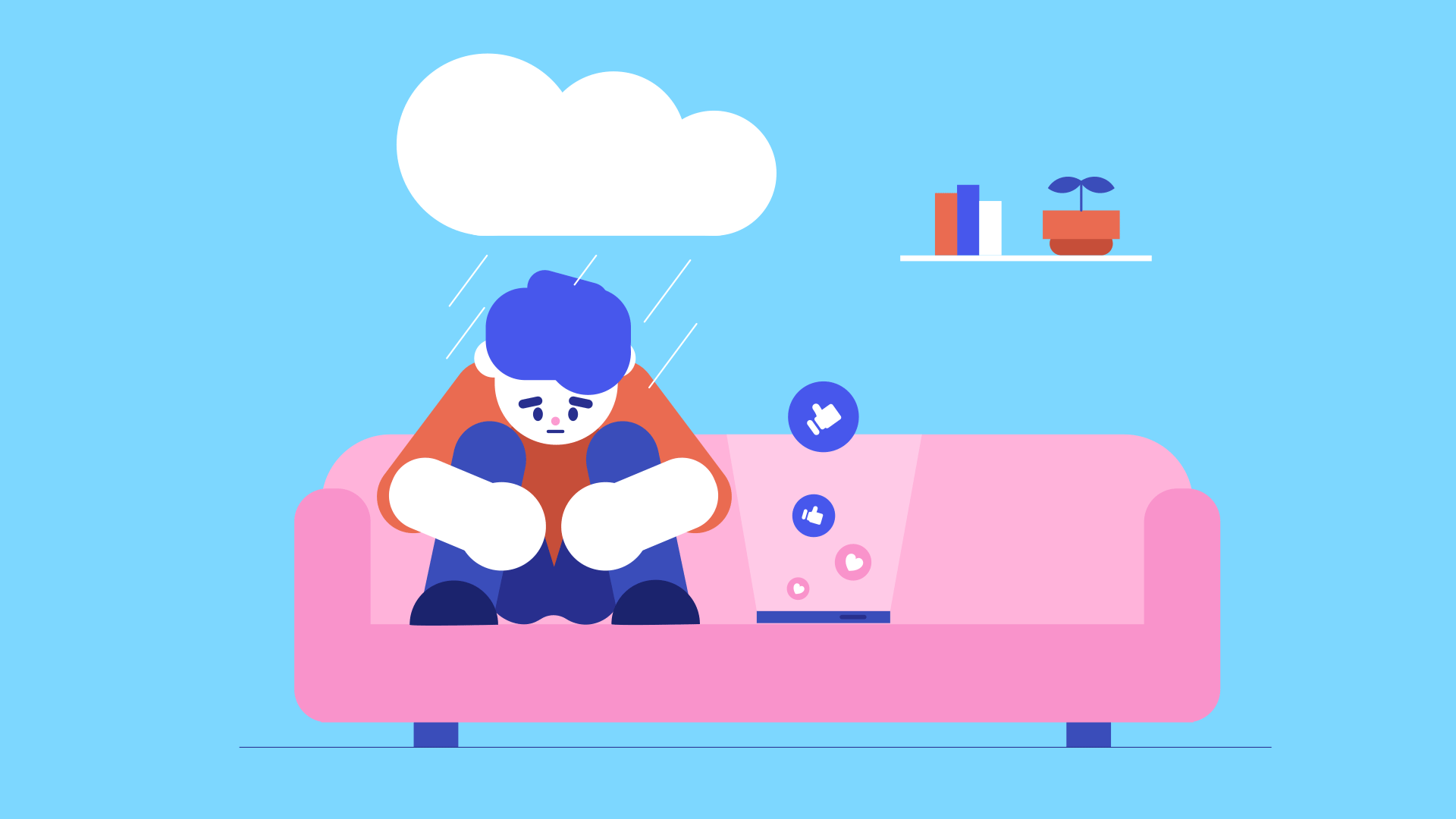By Destiny Uko
Being alone doesn’t feel like it used to. These days, the moment we find ourselves alone (or even in public) we instinctively reach for our phones. We check Instagram, scroll through TikTok, reply to messages on WhatsApp—all under the guise of “catching up,” But often, without realising it, we’re avoiding true solitude.
Once a quiet, introspective space, solitude, even in silence, is now noisy thanks to technology. While there are clear benefits to digital connectivity, the toll on our mental and emotional well being is becoming increasingly evident. Here’s how technology is reshaping solitude—and why that’s not always a good thing.
The Disappearing Art of Being Alone
Moments of stillness are increasingly vanishing. But now? If there’s even five seconds of stillness, we reach for a screen.
A University of Arizona study found that young adults who spend more time on their phones report higher levels of loneliness and depression compared with their less-connected peers.
What to do about it:
Schedule a “tech-free” hour every day.
Take walks without your phone.
Leave your device in another room while you cook, journal, or unwind.
Replacing Real People with Screens
AI chat apps, online companions, and constant messaging create the illusion of connection. But digital interaction isn’t a substitute for real, human connection.
Psychologists describe this as being “alone together.”
What to do about it:
Prioritise face-to-face interactions
Go on walks, hit the gym or enjoy coffee dates with friends.
Leave your phone out of reach during conversations.
The vanishing power of focus
Where solitude once fuelled creativity and deep thinking, today every ping and notification disrupts our focus. But now, every notification distorts our focus, replacing daydreaming with digital distractions.
What to do about it:
Devote 30 minutes of your day to creative work, without your phone.
Let your mind wander—it’s often in these moments that the best ideas emerge.
The Algorithm Knows You Too Well
Platforms like YouTube, Instagram and TikTok tailor content to keep us engaged. It might feel like control, but it’s really manipulation. These platforms are designed to hold your attention, not help you grow.
What to do about it:
Turn off autoplay.
Use apps designed to encourage mindful screen use.
Set strict media time limits (like 30 minutes in the morning or 30 minutes at night)
Losing real-life communication
Spending too much time online can make real-world conversations feel awkward or even intimidating. Screens filter out the messy, unpredictable aspects of human interaction—the tone, body language and unspoken cues that make real communication rich and meaningful.
What to do about it:
Make eye contact.
Ask open-ended questions.
Keep phones off the dinner table.
Dangers of Tech-Driven Solitude
The kind of solitude shaped by constant scrolling and AI interactions can have serious consequences:
Mental Health Issues: Studies show links between excessive screen time and depression, anxiety, and loneliness.
Comparison: Social media often portrays a polished version of life, making it easy to feel inadequate.
Loss of Self-Awareness: Without quiet time, we lose touch with our inner selves.
Weaker Coping Skills: True solitude helps us process emotions.
What to do about it:
Create intentional silence.
Journal. Meditate or simply sit outside without distractions.
Ways to reconnect
The good news? We can take back solitude. It’s just hiding behind screens.
Set out 30 minutes a day just for you—no phone, no agenda, just quiet.
Go outside, leave your headphones at home, and just walk.
Consider digital detox weekends or limit your daily app use.
Invite friends to try “digital abstinence” challenge with you. Doing it as a group makes it more achievable and fun, rather than a harsh punishment.
Read, paint, play an instrument—anything that doesn’t involve a screen.
Final takeaway
Technology isn’t the enemy, but it is not always our friend either. It has reshaped how we experience solitude and connection, affecting our creativity, relationships and mental health. Real solitude isn’t just being alone—it’s being fully present with yourself.
The pervasive use of technology has fundamentally altered the experience of solitude, turning it from a reflective state into one filled with digital noise. People often reach for their phones during moments of stillness, which has been shown to correlate with higher levels of loneliness and depression. The constant digital interaction, through AI chat apps and social media, offers an illusion of connection but lacks the depth of real-life relationships, masking true solitude and reducing the ability to process emotions effectively.
The repetitive interruptions due to notifications and algorithm-driven content further erode one's capacity for creativity and focused thinking. Excessive screen time can lead to mental health issues, such as increased anxiety and depression, while also impairing genuine communication skills, as it filters out the richness of face-to-face interaction. To counter these effects, the article suggests practical steps like setting tech-free hours, prioritizing face-to-face interactions, turning off autoplay, and fostering moments of intentional silence.
Ultimately, while technology is not inherently negative, it has reshaped personal solitude and social connections. Reclaiming solitude involves intentional disconnection from devices, allowing time for true self-awareness and enhancing valuable personal interactions. This intentional return to solitude can benefit creativity, relationships, and mental well-being.






